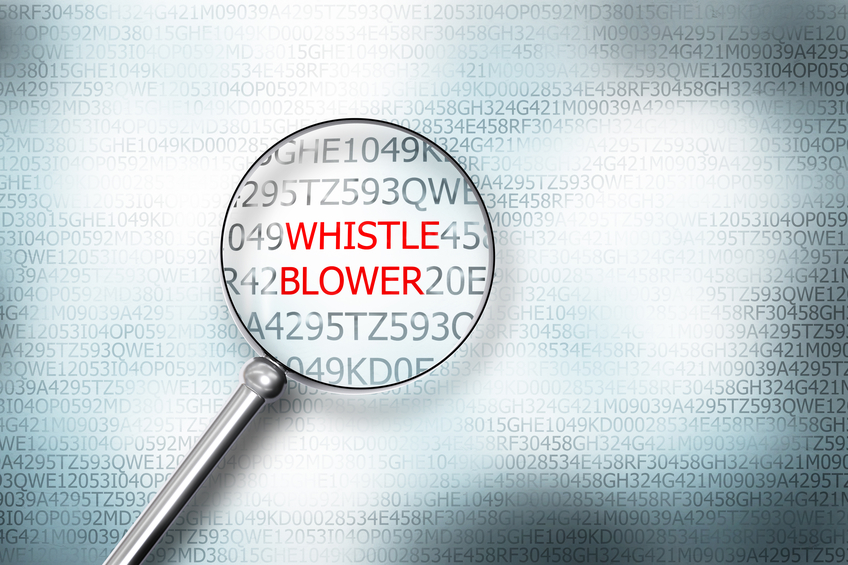Yesterday we reviewed the true costs of noncompliance with environmental regulations and the fact that as an environment, health, and safety (EHS) professional, you are going to have to explain what costs so much. Today we will look at how one employer recently paid a hefty price for ignoring—and then retaliating against—a whistleblower.
 |
The Occupational Safety and Health Administration (OSHA) enforces the whistleblower provisions of 22 federal statutes. The one we are concerned with today involves asbestos and the Clean Air Act (CAA).
Raised Concerns About Asbestos Tiles
The saga began 4 years ago when a janitor at Annapolis High School in Dearborn Heights, Michigan, objected when the director of operations and construction management told her to dry-sand floor tiles that contained asbestos. According to OSHA, the director failed to train the workers in asbestos hazards and failed to provide protective equipment.
What followed was a 3.5-year period during which the janitor allegedly suffered various adverse personnel actions as she continued to raise concerns about asbestos levels in the schools, presented medical documentation of her asbestos exposure, and advocated in an effort to protect other employees.
According to OSHA, she also received reprimands after she filed complaints with the state of Michigan, the U.S. Environmental Protection Agency (EPA), and Michigan OSHA and spoke to media organizations about school conditions. In response, she endured layoffs, extra work, and lack of pay raises, many of which violated her union contract.
In addition, investigators determined the Dearborn Heights school district falsely represented that a 2013 sampling was negative for asbestos. In June 2013, Michigan OSHA cited the district for exposing workers to asbestos-containing material.
The Payout
Now, the school district is on the hook for almost $200,000. So, instead of purchasing books and computer equipment, a chunk of the school district’s money is going to the janitor in the form of:
- $8,139 in lost wages;
- $45,000 in current and future medical bills; and
- $140,000 in compensatory damages for loss of reputation and distress, as well as reasonable attorneys’ fees.
Looking Ahead
OSHA has upped the ante in whistleblower cases with its recent launch of a pilot Whistleblower—Severe Violator Enforcement Program (W-SVEP) in Region 7, which includes employers in Kansas, Missouri, and Nebraska and those companies under federal enforcement in Iowa.
W-SVEP will be similar to its enforcement Severe Violator Enforcement Program which includes employers who, according to OSHA, routinely ignore federal workplace safety and health regulations.
The criteria for inclusion on the W-SVEP log includes:
- All significant whistleblower cases;
- Cases deemed worthy of either litigation or the issuance of merit Secretary’s Findings in connection with egregious citations, a fatality, or a rate-based incentive program for work-related injuries;
- A merit whistleblower case where the employer is already on the enforcement SVEP log; and
- A company with three or more merit whistleblower cases within the past 3 years.
It’s always costly and very bad PR to ignore or retaliate against an employee who expresses concerns about workplace safety issues. You can be sure to be up to date on all your safety requirements and have access to hundreds of training documents and tips with a subscription to Safety.BLR.com®.
